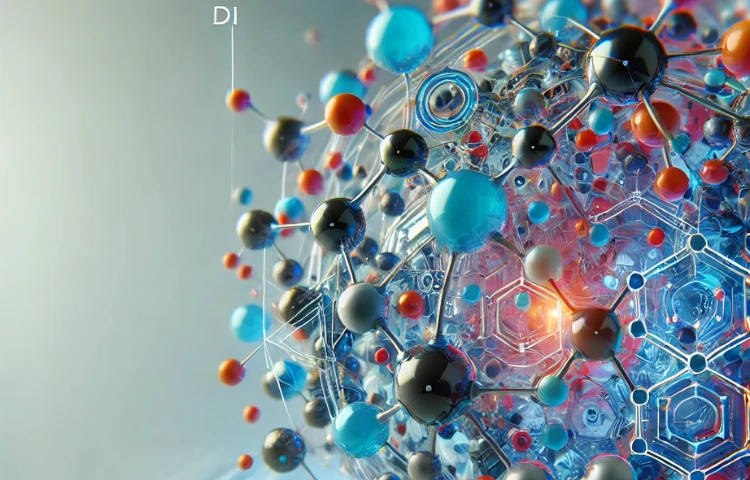

Prefer to listen instead? Here’s the podcast version of this article.
In the rapidly evolving field of materials science, Microsoft’s introduction of MatterGen marks a significant leap forward. This generative AI model is designed to revolutionize the discovery and design of new materials, addressing longstanding challenges and opening avenues for innovation across various industries.
Traditional materials discovery often involves labor-intensive and time-consuming processes, relying heavily on trial and error. MatterGen shifts this paradigm by utilizing generative AI to design materials with specific desired properties from the ground up. By inputting particular parameters, researchers can generate novel materials tailored to meet precise requirements, significantly accelerating the discovery phase. [Microsoft]
The applications of MatterGen are vast and varied. In the energy sector, for instance, the development of materials with superior conductive properties could lead to more efficient batteries and renewable energy technologies. Healthcare could see advancements in biocompatible materials for implants and prosthetics. The aerospace and automotive industries might benefit from materials that offer enhanced strength-to-weight ratios, contributing to safer and more efficient vehicles. [VentureBeat]
Microsoft’s MatterGen represents a transformative approach to materials discovery, leveraging the power of generative AI to expedite and refine the process of developing new materials. By facilitating faster innovation cycles and enabling the design of materials with tailored properties, MatterGen holds the potential to significantly impact various industries, driving progress and fostering sustainable technological growth.
WEBINAR